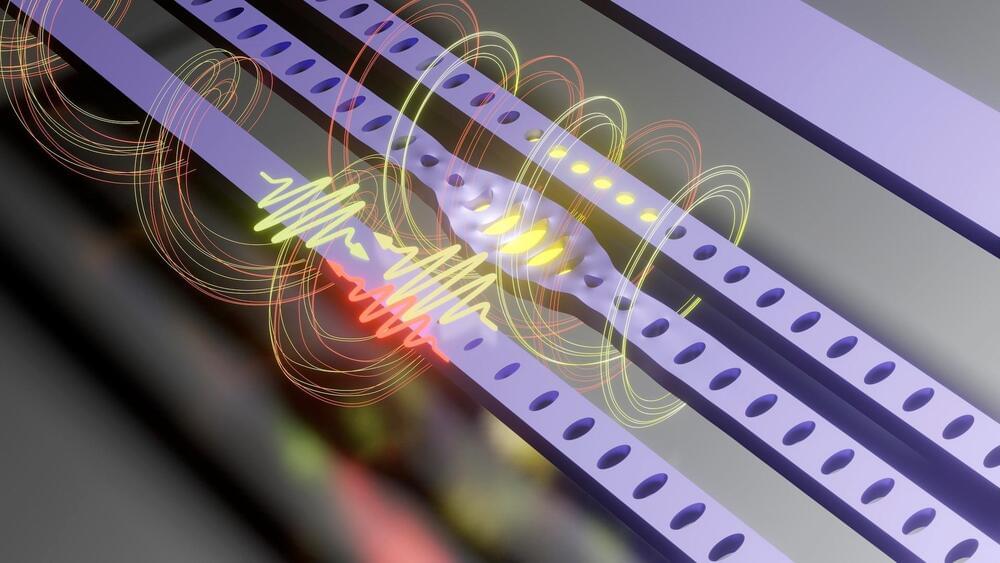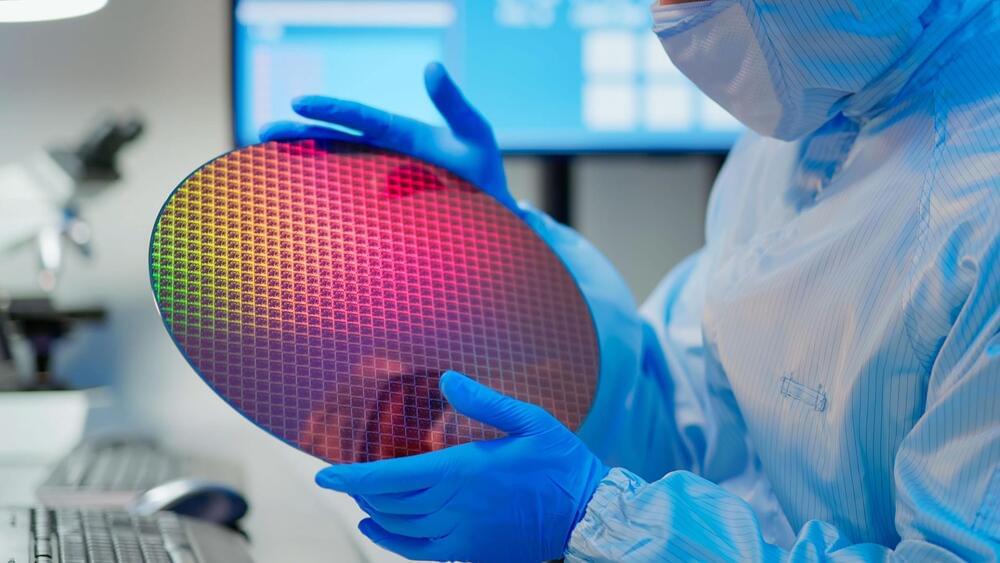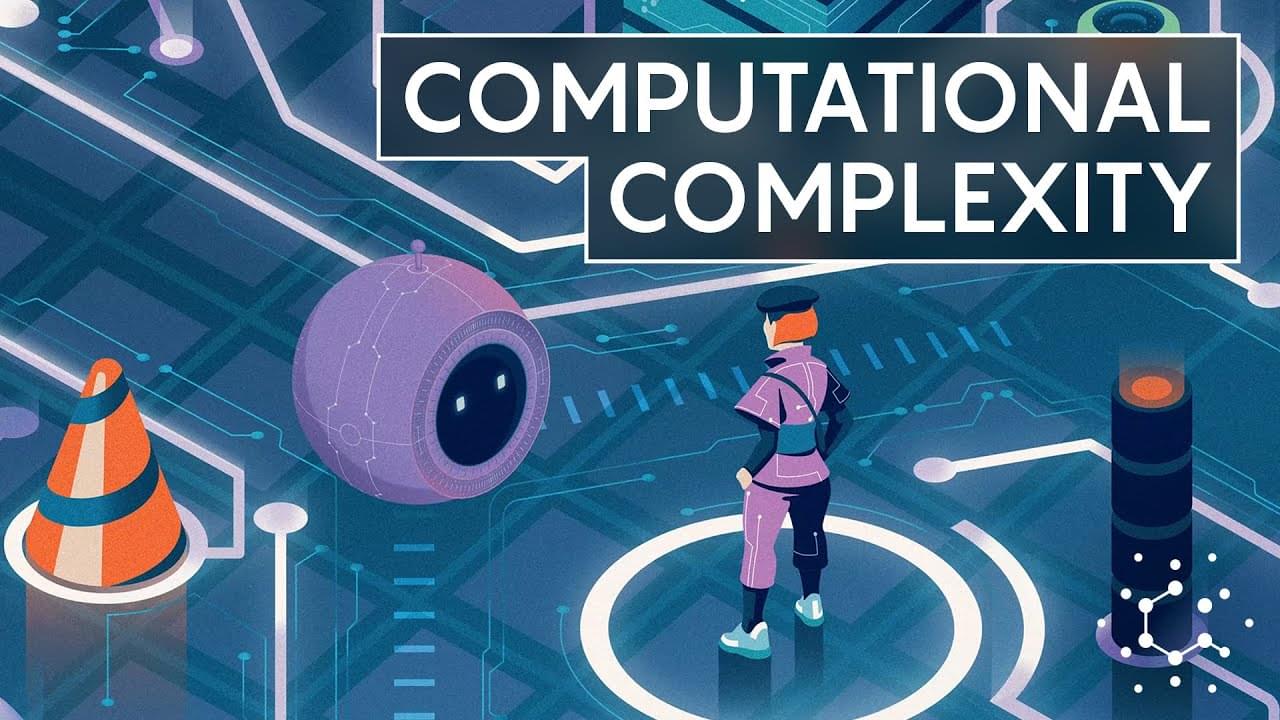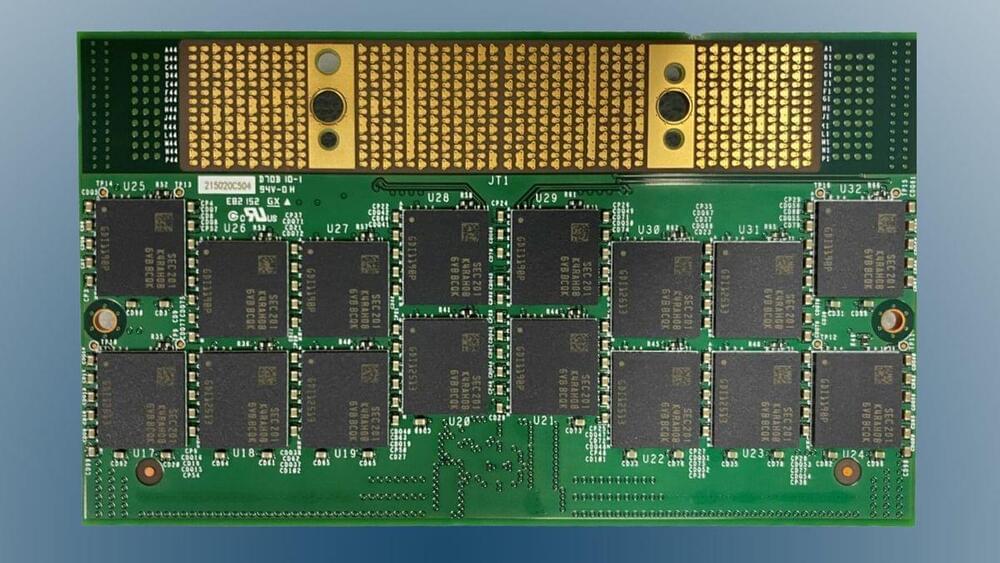
Introduction and objective: Video games are crucial to the entertainment industry, nonetheless they can be challenging to access for those with severe motor disabilities. Brain-computer interfaces (BCI) systems have the potential to help these individuals by allowing them to control video games using their brain signals. Furthermore, multiplayer BCI-based video games may provide valuable insights into how competitiveness or motivation affects the control of these interfaces. Despite the recent advancement in the development of code-modulated visual evoked potentials (c-VEPs) as control signals for high-performance BCIs, to the best of our knowledge, no studies have been conducted to develop a BCI-driven video game utilizing c-VEPs. However, c-VEPs could enhance user experience as an alternative method. Thus, the main goal of this work was to design, develop, and evaluate a version of the well-known ‘Connect 4’ video game using a c-VEP-based BCI, allowing 2 users to compete by aligning 4 same-colored coins vertically, horizontally or diagonally.
Methods: The proposed application consists of a multiplayer video game controlled by a real-time BCI system processing 2 electroencephalograms (EEGs) sequentially. To detect user intention, columns in which the coin can be placed was encoded with shifted versions of a pseudorandom binary code, following a traditional circular shifting c-VEP paradigm. To analyze the usability of our application, the experimental protocol comprised an evaluation session by 22 healthy users. Firstly, each user had to perform individual tasks. Afterward, users were matched and the application was used in competitive mode. This was done to assess the accuracy and speed of selection. On the other hand, qualitative data on satisfaction and usability were collected through questionnaires.
Results: The average accuracy achieved was 93.74% ± 1.71%, using 5.25 seconds per selection. The questionnaires showed that users felt a minimal workload. Likewise, high satisfaction values were obtained, highlighting that the application was intuitive and responds quickly and smoothly.









 How do we go from 100 to 200 to 1000? PASQAL, a quantum computing startup, is using LASERS. They’ve demonstrated 100 and 200 qubit systems, now they’re talking about making 1000. Here’s the mockup of their system.
How do we go from 100 to 200 to 1000? PASQAL, a quantum computing startup, is using LASERS. They’ve demonstrated 100 and 200 qubit systems, now they’re talking about making 1000. Here’s the mockup of their system.







